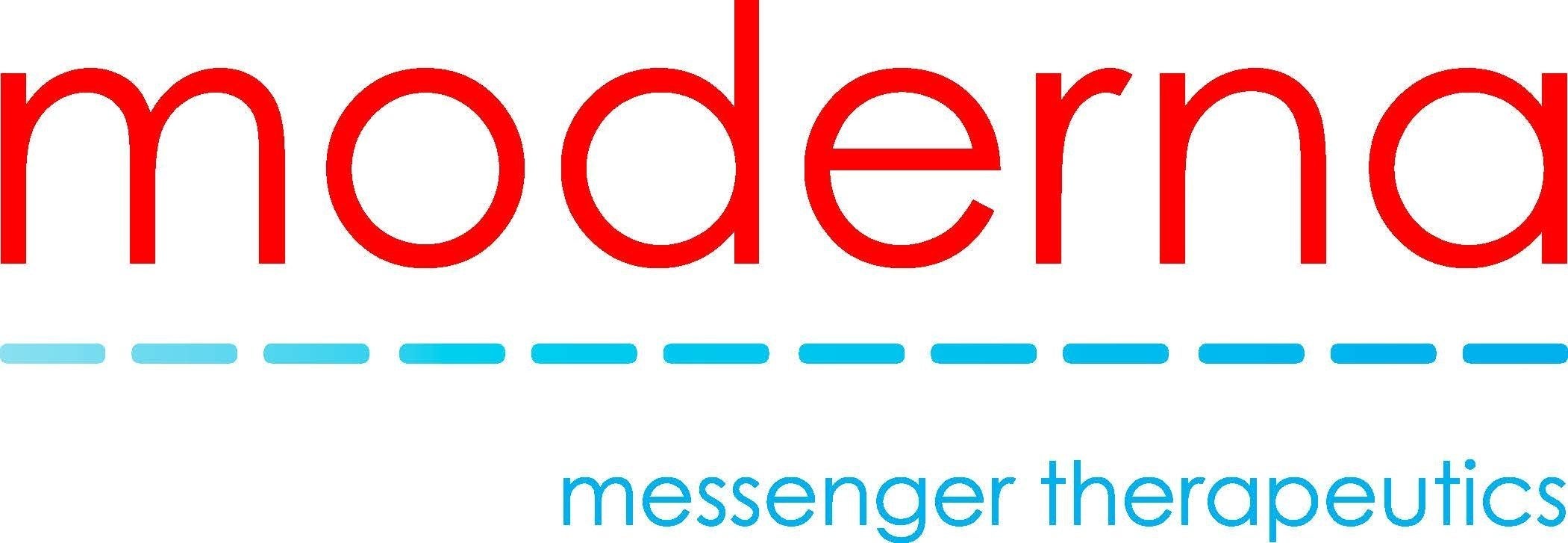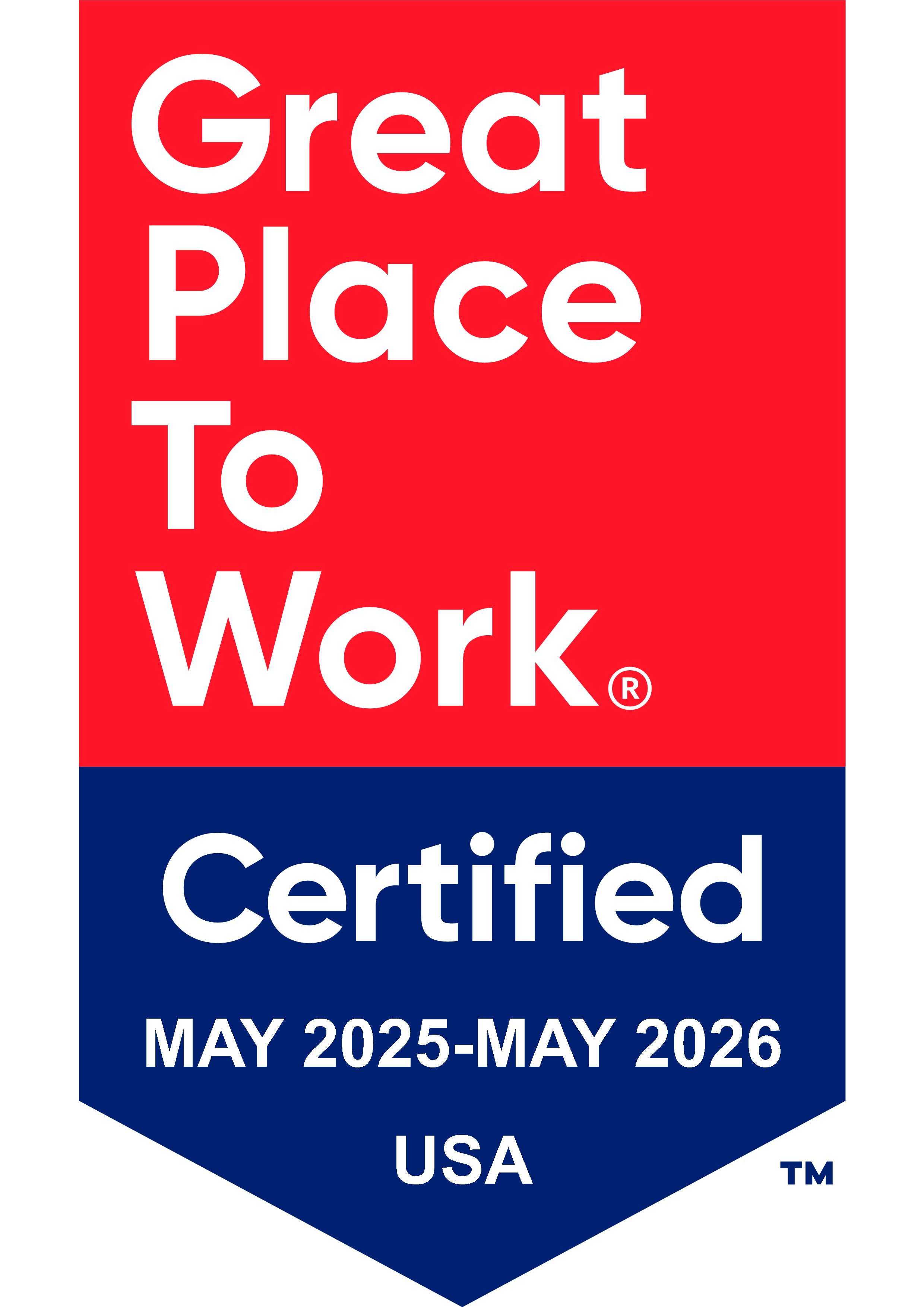
Moderna Therapeutics, a pioneer in messenger RNA (mRNA) technologies, drives biomedical innovation by harnessing the full power of the cloud.
This approach required integration among a portfolio of applications, including SAP (ERP), Workday (HR), Solium (equity plan management), and Concur (expense reporting). For that, Moderna turned to Dell Boomi.
Boomi’s low-code, native-cloud integration platform allowed Moderna to scale efficiently by integrating systems and automating complex, cross-platform business transactions that included budgeting, vendor payments, and human resources management. The Boomi integrations also helped free Moderna scientists from administrative overhead.
Seamless Integration Across Work Environments
Moderna’s Drug Design Studio is a proprietary digital tool developed by the company’s in-house software engineers. The studio lets scientists at Moderna and its biopharma partners digitally design and order mRNA constructs for use in discovery research and preclinical studies through a secure, encrypted portal. Orders take just minutes and are delivered in weeks.
As part of its integration efforts, Moderna wanted to capture mRNA orders and project costs generated via the company’s Drug Design Studio and flow that information into its SAP accounting application. But the company didn’t want to make its scientists learn another application or waste valuable research time on administrative tasks.
By integrating the Studio with the SAP accounting application, Boomi made it possible for Moderna scientists to remain in their application “comfort zone” while mRNA orders and project costs were automatically captured in SAP.
Thanks to the new integrations powered by Boomi, Moderna is making better use of their scientists’ time.
Orchestrating Data with MDM
The integration between Moderna’s Digital Design Studio and SAP relied heavily on data synchronization supported by Boomi MDM. Like many companies these days, Moderna realized that managing data among a collection of “best-of-breed” applications brings many advantages, but also a few unique challenges.
One of these challenges is in synchronizing master data — the “nouns” of a business such as employees, products, vendors, customers, etc. The key challenge is in managing the system of record and how changes to this master data are validated and published to other systems.
In Moderna’s case, the company used Boomi for more than a dozen point-to-point integrations. The integrations worked as planned, but with the growing number of integrations, the company had trouble keeping its data in sync across multiple application platforms. Much of the work required manual, error-prone data entry.
To improve management of its master data, Moderna’s technology partner Kitepipe recommended the Boomi MDM product. Boomi MDM helps businesses ensure their data is consistent across on-premise or cloud systems.
Integration = Automation
Besides ensuring data quality, MDM removes the productivity drag of manual data entry across various applications requiring the same kinds of data, such as employee information or customer records. By combining MDM with integration management, companies can enter data once in a system of record — Workday in Moderna’s case — and have it flow to all systems across the company. No re-keying, no redundant information and no inconsistent data.
MDM also supported the integration between SAP and the Digital Design Studio by coordinating single sign-on (SSO) user provisioning — a vexing problem for many cloud-first enterprises.
Moderna’s experience in tying its applications together illustrates an important and often overlooked benefit of integration. Integration is path to automation
All organizations have basic administrative and business processes that can be automated via integration. In doing so, it’s possible to unburden employees from time-consuming tasks that detract from their core responsibilities. Certainly, that has been the case for Moderna.
To learn more about Boomi’s role in boosting productivity through integration and MDM, please read the full Moderna case study.

